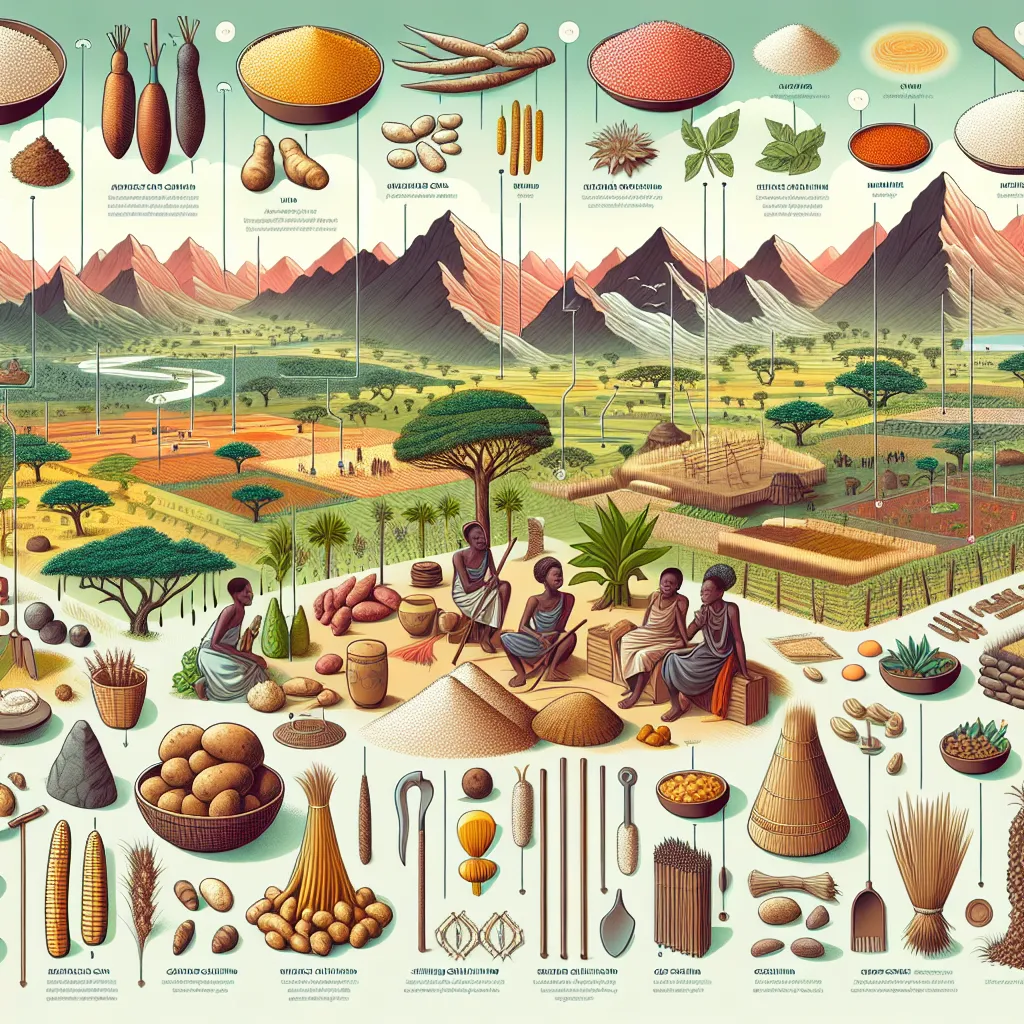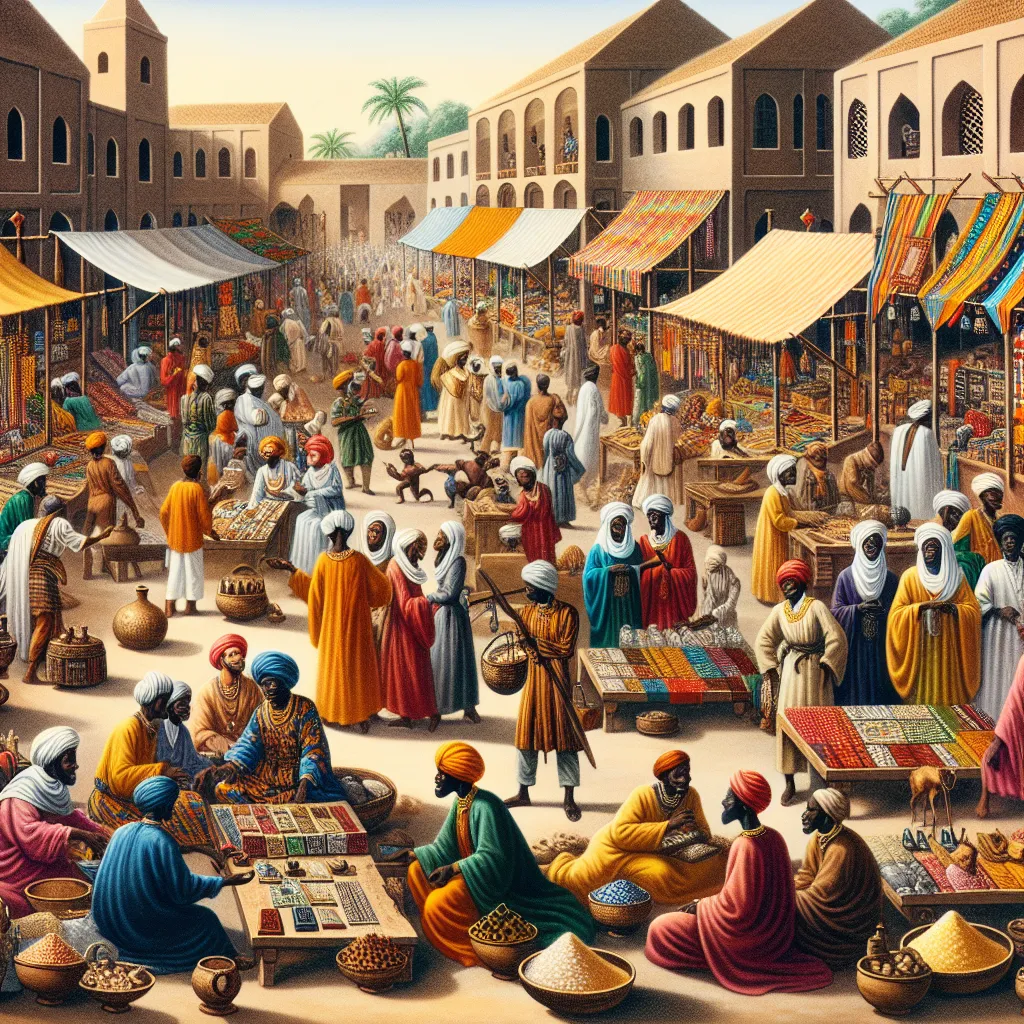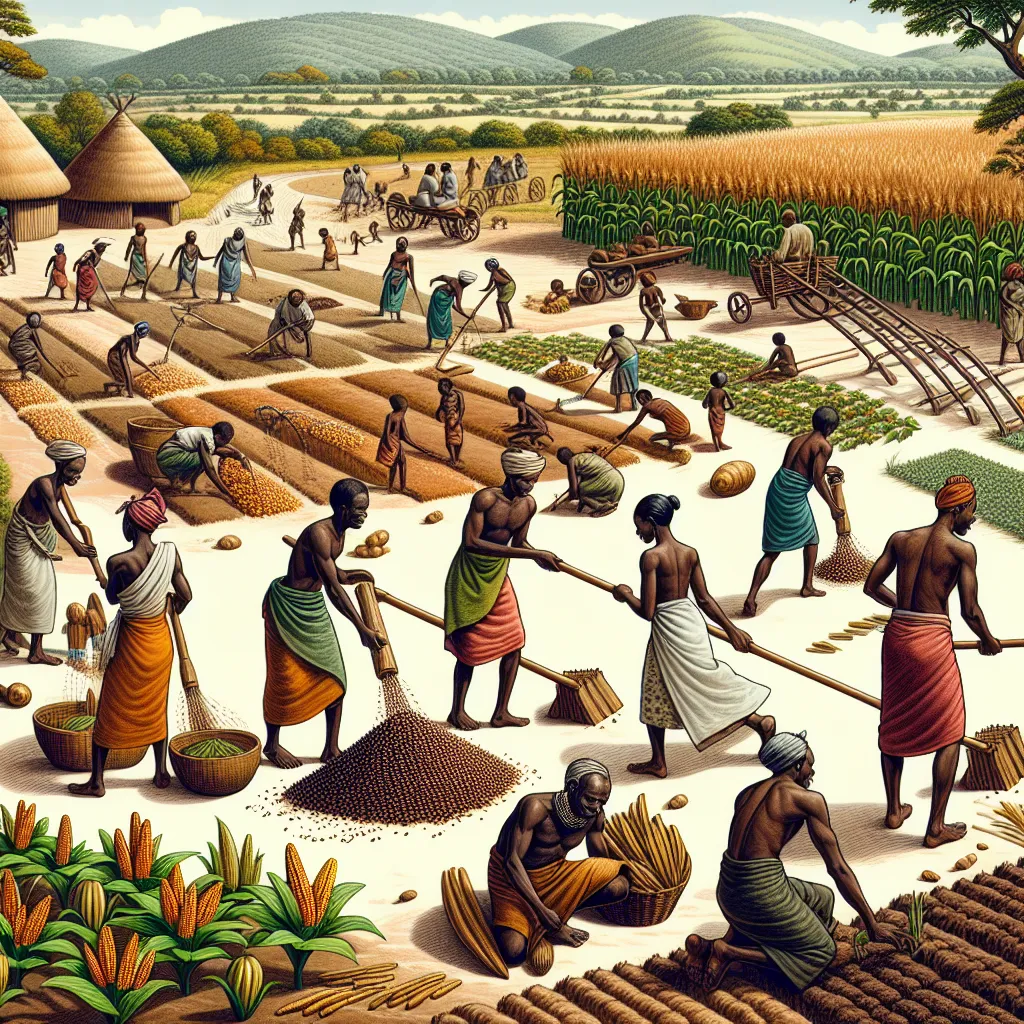Ask AI on The Internet
Question: Investigate the functions of neighbours and communities within African societies, focusing on communal connections, mutual support, and promoting social unity
Investigating the functions of neighbours and communities within African societies will require extensive understanding of the socio-cultural context of different African societies. Given the great diversity of cultures and societal structures across Africa, it's necessary to focus on specific regions or communities for a more comprehensive approach. 1. Neighbourhood and communal connections: In many African societies, the idea of a neighbourhood extends beyond geographical proximity to include familial ties, common ethnicity, shared value system, or cultural practices. Neighbours are often considered as extended families who share close mutual and emotional ties. They support each other during times of crises and events such as funerals and weddings. They're typically involved in communal farming, cooking, and other social activities. These communal interactions, in turn, promote trust, respect, and unity. 2. Mutual Support: This is a paramount function of African communities. Traditionally, African societies operate on the philosophy of Ubuntu or 'I am because we are', which emphasizes group solidarity over individualistic tendencies. For instance, within Kenya's Kikuyu community, there's a concept called 'Harambee', a Swahili word meaning 'all pull together', which underlines the importance of collective effort in achieving common goals. In times of adversity or prosperity, communities come together to provide material, emotional, and labor support. 3. Promoting Social Unity: Communities in African societies often uphold social welfare and harmony. They enact communal norms, rules, and folktales to regulate behavior and promote peaceful coexistence. For instance, the role of elders in dispute resolution promotes social unity in many societies. Moreover, communal ceremonies and rituals also foster unity by bringing people together and reinforcing shared cultural identity. To further your investigation, you could: - Conduct qualitative research with members of these societies to gain firsthand accounts of these dynamics. - Review scholarly articles and books about these communities. - Engage with social anthropologists or cultural experts who specialize in African societies. Just remember to be respectful and considerate, understanding that the way communities function is deeply rooted in their unique cultural contexts and histories. It's essential to approach your investigation with an open mind and a respect for the diversity and specificity of different African societies.
A new large language model has been made available since this question was asked.
To generate an updated answer from the new model, click the button below.
Think your answer is better than the AI's? Post it below.
Other Most Relevant Posts:
Question Tags
If you want your question answered by an AI, click here.







Post your own comment: